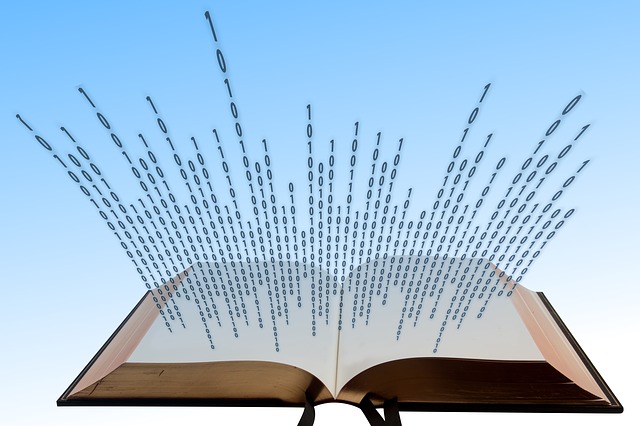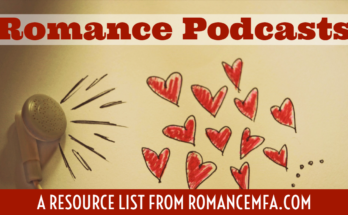In my last post, I discussed what the heck a Google ngram is, and how to use them for checking word usage, but this time I’m experimenting with the tool for researching background ideas of an era. This is going to be me experimenting with some of the different options described on this help page.
Social Clubs
Since I was already poking around the Ngram Viewer, I decided to try using it to see what women were doing with their time in the era I write in: the Gilded Age. I restricted the time to between 1880 and 1905, since my story is set in 1896, then put in several variations of ladies’ club, with wildcards in the middle, and with and without capitalization until I got a very messy graph and a list of possibilities. It was even messier, but I took out the term for Women’s * Association, because the high incidence of the Women’s Christian Association, along with the Women’s Temperance Association, was obscuring the other terms.
If you’re counting, I think that’s
- 7 variations on literary/book/reading club
- 6 variations on glee/social club
- 4 variations on suffrage/women’s rights club
- 4 variations on voluntary/service/charity/relief association
- 4 variations on study/research/educational club
It seems likely that my heroines, like many women today, ought to be a members of a book club. If she’s not involved in a Women’s Christian or Temperance Association, that is. And maybe I should investigate how whist is played…
In contrast, when I run a similar ngram for men’s clubs etc, the gentleman are involved in political groups.
There’s no need in this era for a Women’s Republican Club or a Women’s Democratic Club because, as the Suffrage Clubs on the first graph may remind you, women couldn’t yet vote. I do find it interesting that “men’s therapy group,” “men’s support group” show up. I think “men’s rights group” is an artifact of “men’s rights” as a generic term for humanity, unrelated to the 21st century movement for “men’s rights”.
Sentence building
Have you ever participated in a social media meme that involves your phone autocompleting a sentence for you? Or heard anything about machine learning trying to use predictive algorithms to write sentences? I decided to use the wildcard function to do something like that, by picking a short phrase and letting the ngram show me what the likely next words were, then repeating. (My taller half tells me this is called a Markov chain.) I’m not going to share the graphs this time, just my successive queries and the options that came up. It was sort of an exercise in creating era-appropriate writing prompts.
1. She was reading the latest news from Palestine.
- she was reading *
- she was reading the *
- reading the latest *
- the latest news from * …home/Paris/Europe/abroad/America/Arcady/Palestine
- reading the latest *
- she was reading the *
2. She worked at the store in the morning/at a hospital as a medical student/
as a milliner’s apprentice who reads the papers.
- she worked * in/at/for/on/with/her/hard/and/out/herself
- she worked at the * …loom/buttons/same/robe/American/stove/knot/time/sink/store
- the store in the * …morning/old/evening/winter/city/eternal/afternoon/same/care/village
- she worked at the * …loom/buttons/same/robe/American/stove/knot/time/sink/store
- she worked at a * place/stretch/small/variety/restaurant/local/series/number/hospital/job
- a hospital as a * result/nurse/place/patient/bed/medical
- hospital as a medical * student
- a hospital as a * result/nurse/place/patient/bed/medical
- she worked as a * child/professional/milliner/nurse/domestic/servant/laundress/secretary/journalist
- as a milliner ‘s * apprentice/assistantmilliner ‘s apprentice * who/of/within
- milliner ‘s apprentice who * reads
- who reads the * book/history/papers/newspapers/story/Bible/heart/Word/first/Gospel
- milliner ‘s apprentice who * reads
- as a milliner ‘s * apprentice/assistantmilliner ‘s apprentice * who/of/within
5. She organized the first women’s trade union.
- she organized the * First/American/first/League/New/women/Woman/whole/National/Women
- she organized the first * women
- organized the first women * ‘s
- the first women ‘s * college/convention/trade/club/fraternity/organization/rights/congress/university/suffrage
- first women ‘s trade * union
- the first women ‘s * college/convention/trade/club/fraternity/organization/rights/congress/university/suffrage
- organized the first women * ‘s
- she organized the first * women
6. The first woman admitted to practice law in the state.
the first woman * to/who/in/’s/of/he/that/was/I/admitted
- first woman to * be/receive/hold/have/take/whom/make/enter/preach/graduate
- first woman to be * admitted/elected/thus/granted/given/ordained/appointed/made/sent/employed
- first woman admitted to * the/membership/practice/a
- woman to practice * medicine/in/law/before/the
- practice law in the * courts/State/court/Supreme/same/United/county/Courts/city
- woman to practice * medicine/in/law/before/the
- first woman admitted to * the/membership/practice/a
- first woman to be * admitted/elected/thus/granted/given/ordained/appointed/made/sent/employed
Wildcards and parts of speech
Next I tried some experiments with some of the other options listed under “Advanced Usage” on the Google page for About the Ngram Viewer. At this point we’re moving from what I view as “making fun graphs and playing with words” to “programming” and the time investment to get anything useful is more than I was really willing to put in. But there are further options to explore if you’re interested.
Wildcard Noun
For the query “she loved *_NOUN” – after I figured out that the _NOUN has to be capitallized – I got a list of nouns.
- Mr./anybody/Philip/God/Enoch/Tom/England/Jesus/George/Paul
She loved Philip? I couldn’t resist putting that in as a query to the wider Google books, where I learned that it’s a phrase appearing in William Makepeace Thackeray’s “The Adventures of Philip,” as well as in several other literary works which are duplicated in the corpus of scanned material. In other words, it’s not a phrase that was commonly used, but rather a phrase appearing in a work which was commonly scanned in the Google Books corpus. It’s a reminder that this is not a place to draw serious conclusions about historical works, but rather a place to seek possible trends and starting places for actual research.
Wildcard Verb
“she loved *_VERB” was unsuccessful, giving me
- was/had/were/should/etc
and making me suspect that either something is broken in Google’s language parsing, or, more likely, something is broken in my understanding of how to use this query.
But “she enjoyed *_VERB” was marginally better, yielding
having/was/listening/being/talking/seeing/telling/doing/sitting/dancing
And “she liked *_VERB” produced
- being/was/fishing/talking/playing/going/sitting/having/instructed/dancing
I believe “she enjoyed dancing” or “she liked fishing” more than I believe “she loved were,” but working out how to form these queries and what words might be fruitful seemed less helpful to me than skimming scanned issues of Harper’s Weekly or Puck to see what social thought was at the time. But it’s good to know that it’s an option.



